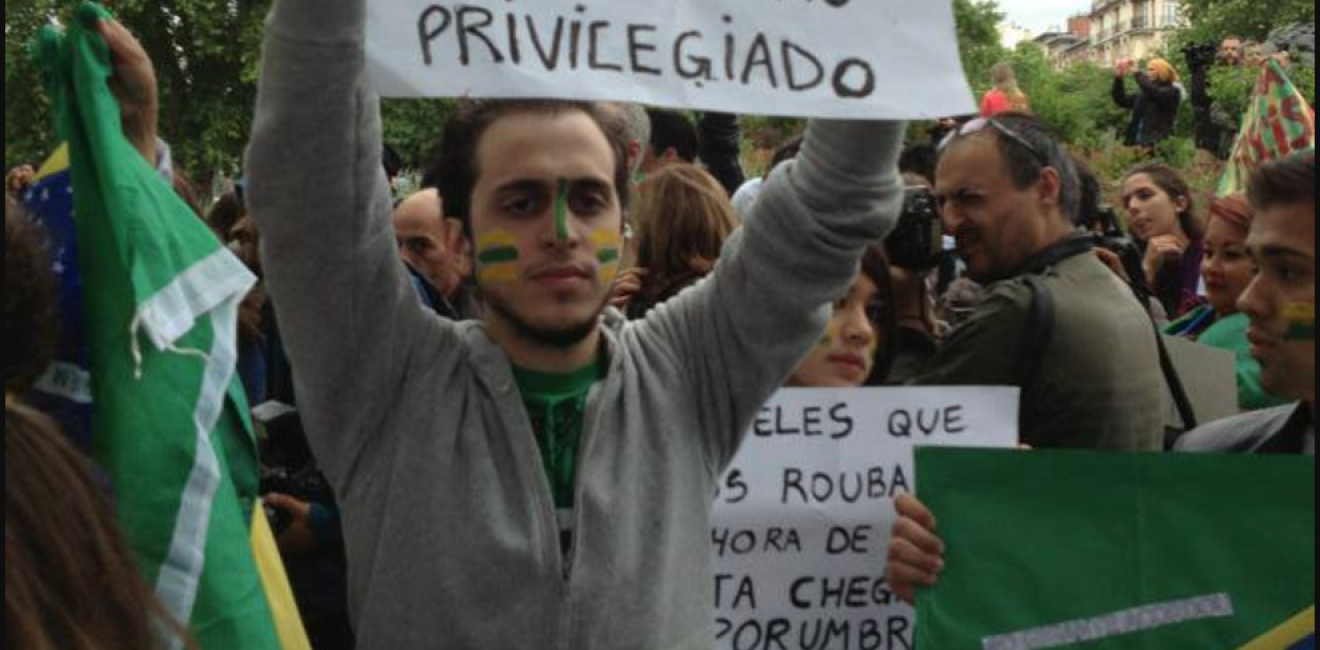
A blog of the Brazil Institute

Matthew Taylor is a former Brazil Institute Fellow and Associate Professor at American University's School of International Service.
With all of the turbulence in Brazil, observers can be forgiven for ignoring a potentially paradigm-shattering initiative that picked up speed last month: reducing politicians’ court privileges. Somewhere between 37,000 and 54,000 politicians nationwide enjoy special legal standing, known colloquially as the foro privilegiado. Sitting federal ministers and elected federal officials—more than 800 individuals in total—can only be tried in the Supreme Federal Tribunal (STF), a sclerotic court with little capacity, interest, or time to spare for criminal cases. When the STF seems to be nipping at their heels, furthermore, indicted politicians often simply resign, so as to see their cases start over in lower courts, buying them another decade or two of appeals. The result of this system has been practical immunity from prosecution: because of this extraordinary privilege and the slow pace of the courts, fewer than one in one hundred cases against politicians in the STF lead to conviction, meaning that there is little deterrent to the widespread looting of the public treasury and other crimes.
The uproar over the incendiary wiretaps of Joesley Batista overshadowed an important movement to limit these privileges and introduce a modicum of accountability for powerful public figures. While hearing a case against a former congressman at the end of May, STF justice Luís Roberto Barroso asked the full court to consider limiting special standing, restricting it to crimes committed during politicians’ terms that are related to their public jobs. He noted that more than 200 cases against politicians had run out the statute of limitations in the STF, and that another 500 cases were pending against roughly one-third of Congress. He was supported by the chief federal prosecutor, Rodrigo Janot, who noted that such limits would protect politicians from politically-motivated litigation, without permitting criminal abuses. Both argued that the limits on standing should be implemented immediately, and Barroso cited a study by the Fundação Getulio Vargas that suggests that such a change would eliminate 90 percent of the cases against politicians currently in the high court...
To read the full article on CFR's blog, click here.
Author

Professor, School of International Service, American University, and former Brazil Institute Fellow
Explore More in Brazil Builds
Browse Brazil Builds
They're Still Here: Brazil's unfinished reckoning with military impunity


